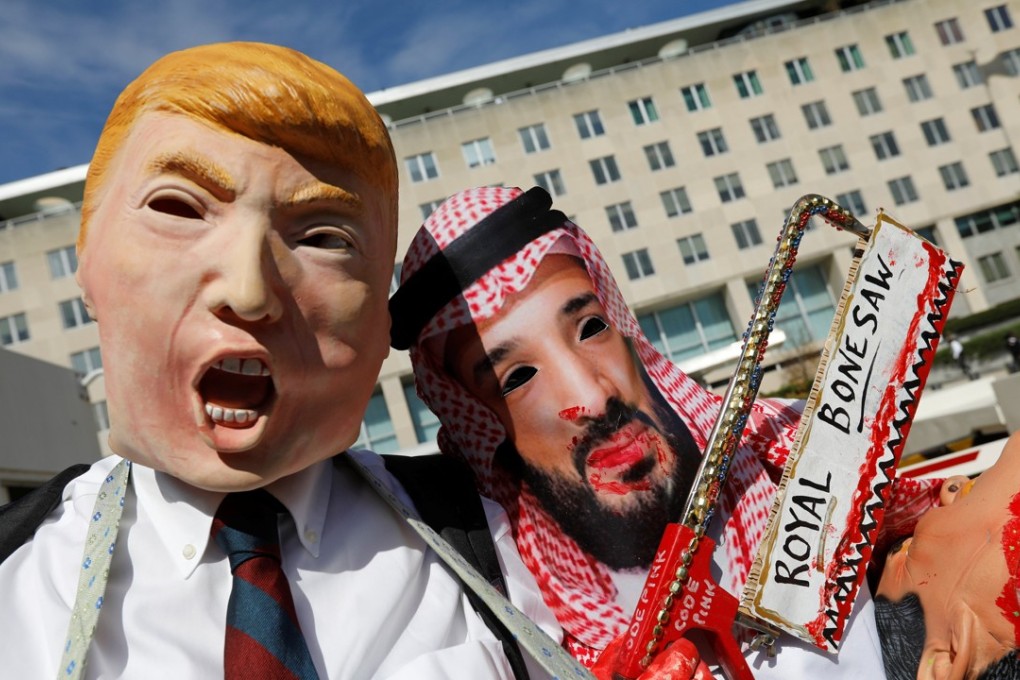How the US reaction to Jamal Khashoggi murder could see China and Saudi Arabia draw closer
- Beijing’s involvement in the Middle East is deepening as the kingdom’s ties to Washington come under increasing strain, writes Jonathan Fulton

In the wake of Jamal Khashoggi’s murder, there is a sense that US-Saudi relations are especially strained, and that China’s influence in Saudi Arabia could increase as a result.
While leaders in Beijing and Riyadh are certainly drawing closer together, a natural result of shared economic interests, it is far too early to assume that China is capable of – or interested in – replacing the USA as the dominant external power in the Gulf.
At the same time, the inconsistent American response to the Khashoggi murder has reinforced the perception that US leadership lacks a clear vision of Middle Eastern order. Regional leaders are consequently hedging their bets, deepening ties with as many extra-regional powers as they can to diversify their economic and security guarantors.
This is not new. Since the disastrous US-led war in Iraq, Saudi leaders have been publicly critical of Washington’s Middle East policy, and increasingly have looked towards China as a future counterbalance for their reliance on the USA.

The bilateral relationship has intensified on several fronts – including construction and infrastructure development, investment, and security – culminating in a comprehensive strategic partnership signed when President Xi Jinping paid a state visit to Riyadh in 2016.
